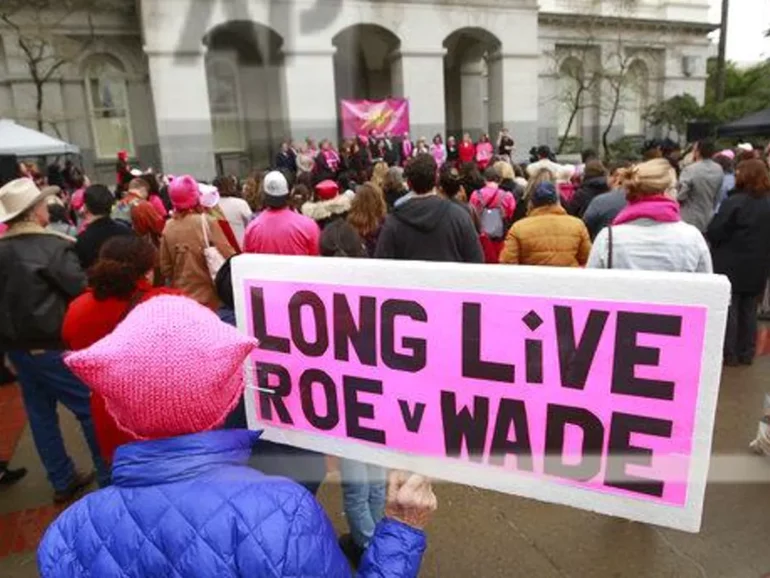The Supreme Court recently heard arguments for Dobbs v Jackson, a court determining the constitutionality of a Mississippi law that bans abortion after 15 weeks of pregnancy.
The case directly challenges Roe v. Wade and Casey v. Planned Parenthood, protecting reproductive and abortion access rights.
Six conservative justices signed to uphold the restrictive Mississippi law.
They also supported the idea of completely overturning both Roe and Casey.
The six conservative members of the Supreme Court aren’t expected to uphold precedents upheld by Roe v. Wade.
If this happens, Roe v. Wade could be adjusted so that abortion rights are weakened, meaning access to abortion will only be allowed up until a certain number of weeks.
Or, Roe v. Wade could be overturned entirely, leaving abortion rights up to states.
If Roe v. Wade is overturned, 21 states have already made plans to ban or restrict abortions; these states include:
- Arkansas
- Idaho
- Kentucky
- Louisiana
- Mississippi
- Missouri
- North Dakota
- Oklahoma
- South Dakota
- Tennessee
- Texas
- Utah
- Alabama
- Arizona
- Michigan
- West Virginia
- Wisconsin
- Georgia
- Iowa
- Ohio
- South Carolina
If Roe v. Wade is overturned, it could mean that states providing abortions will experience a surge in demand from people seeking abortions, causing a nationwide overflow and inaccessibility issue.
People in states where abortions have been restricted or banned will need to travel out of state to receive the care they need, further exacerbating racial and socioeconomic health disparities.
The final and ultimate decision in the Dobbs V. Jackson case isn’t expected until late June or early July 2022.
Some ways to help are by contacting your legislators, donate and support to organizations that protect abortion rights; some organizations include:
- Planned Parenthood
- National Abortion Federation
- Center for Reproductive Rights
- NARAL Pro-Choice America


